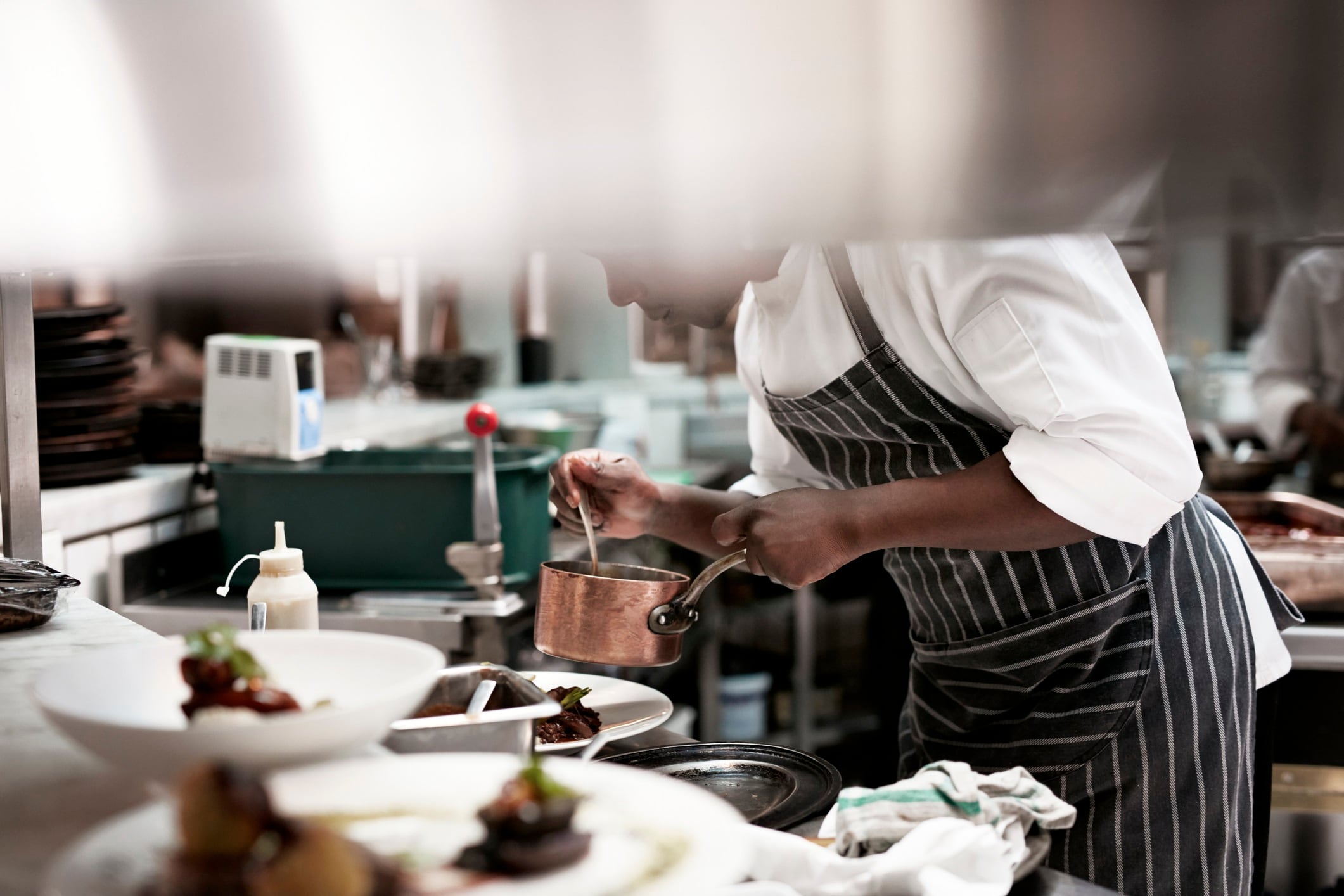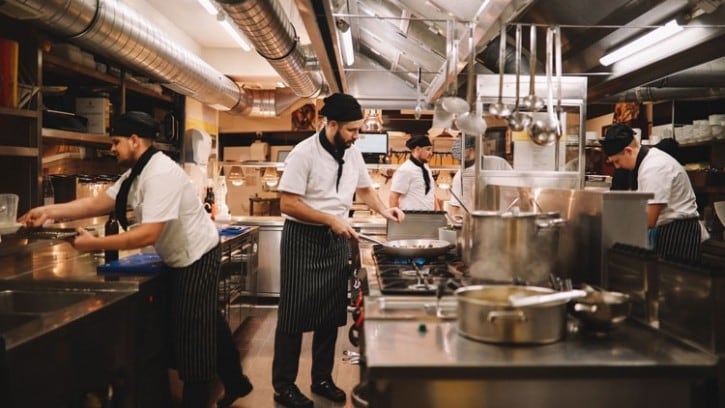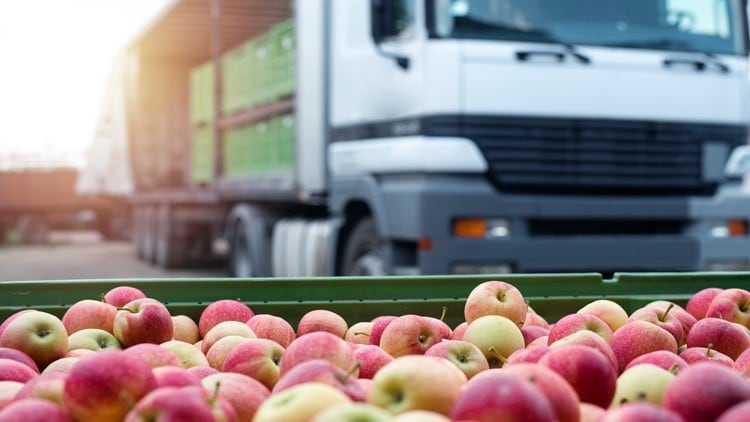The sales dip, which follows like-for-like growth of 3.2% in December, is the Tracker’s lowest since April 2024, and only the second month of negative trading since early 2022.
It comes as costs continue to rise for business groups — especially in labour, where National Insurance spending is set to increase substantially from April this year.
“After a happy Christmas for hospitality groups and their suppliers, trading came back down to earth with a bump in January,” says Karl Chessell, director - hospitality operators and food, EMEA at CGA by NIQ.
“It shows many consumers remain hesitant about their spending, and while inflation has eased in some areas, business costs remain very high across the sector, and energy price rises and the government’s planned changes to National Insurance thresholds and rates could hardly be coming at a worse time.
“Hospitality’s outlook is positive in the long run, but it deserves much better support than it is currently getting.”
The Tracker — produced by CGA by NIQ in partnership with RSM UK — shows fractional growth of 0.6% in total sales, including at venues opened in the last 12 months.
However, this is still below the UK’s rate of inflation of 3%, as measured by the Consumer Prices Index.
Despite Dry January, pubs performed the best of the major hospitality channels in the Tracker, with like-for-like sales down by just 0.1%.
Restaurants fell 1.1% as some consumers restricted their meals out after the festive season.
After briefly returning to growth in December, bars’ sales fell away in January to finish 10.2% behind January 2024.
The on-the-go segment of the market dropped 4.8%.
London had a slightly tougher January than the rest of the country, the Tracker shows. Groups’ sales inside the M25 were down by 1.9% year-on-year, while venues beyond the M25 were 1.1% behind.
“Concerns about consumers cutting back on discretionary hospitality spending were realised in January, with negative like-for-likes sales across almost all segments of the market and particularly pronounced in London,” says Saxon Moseley, head of leisure and hospitality at RSM UK.
“Against a backdrop of rising energy and food costs, and with payroll outgoings set to increase significantly for operators in April, these results will sadly be another nail in the coffin for some.
“However, the medium-term forecast offers cause for cautious optimism. Real wage growth is at its highest in years, and interest rates are set to fall further in 2025.
“Operators that can weather the next few months will be well positioned to recover lost ground and take advantage of a more favourable trading environment in the year ahead.”





